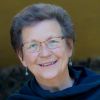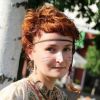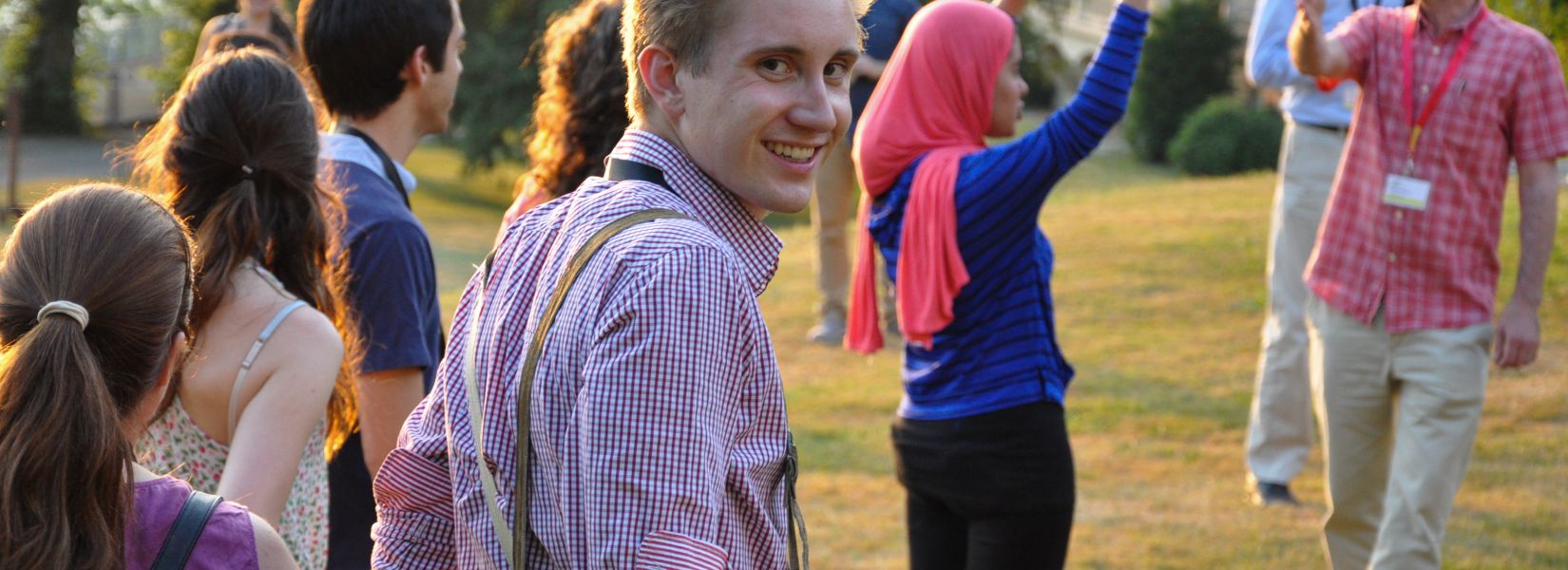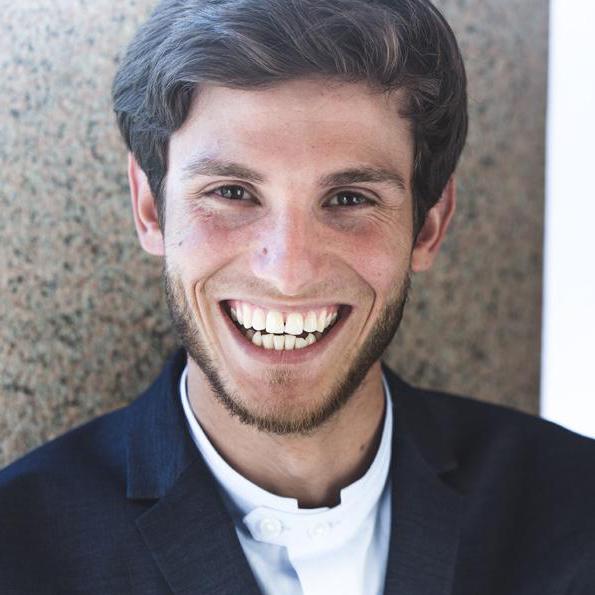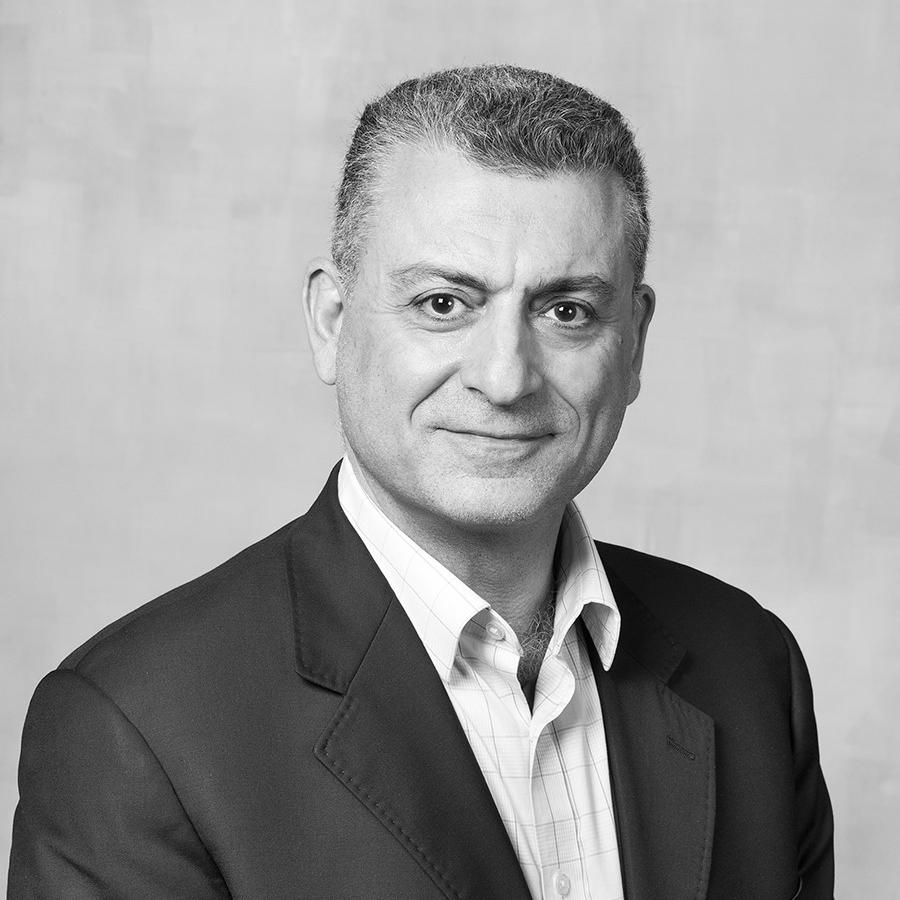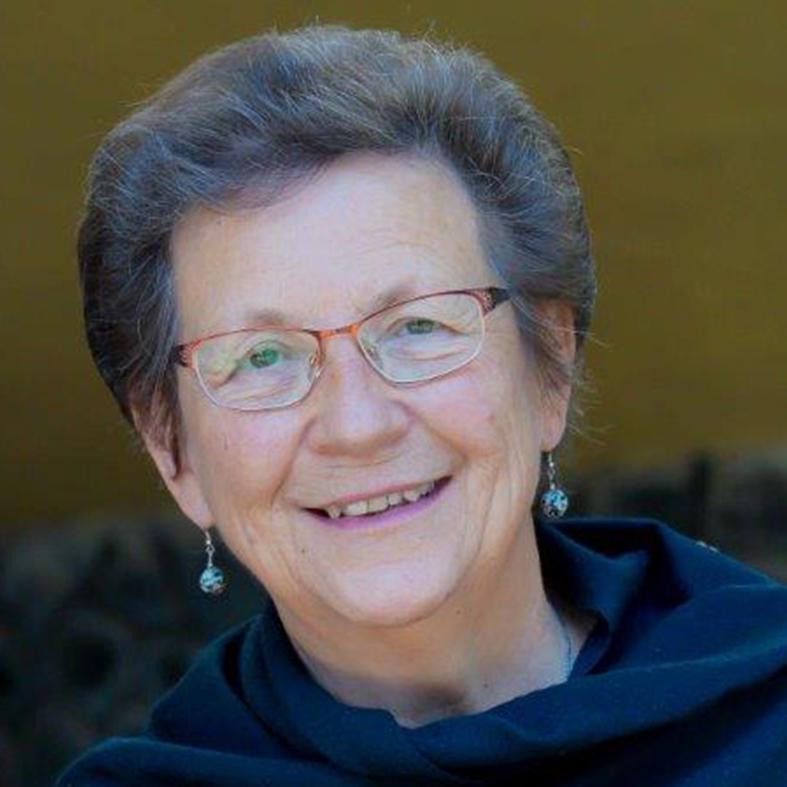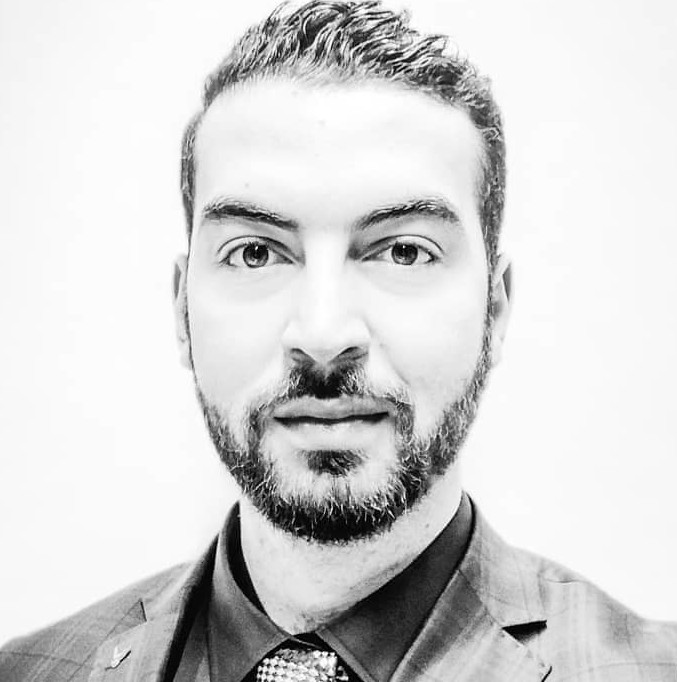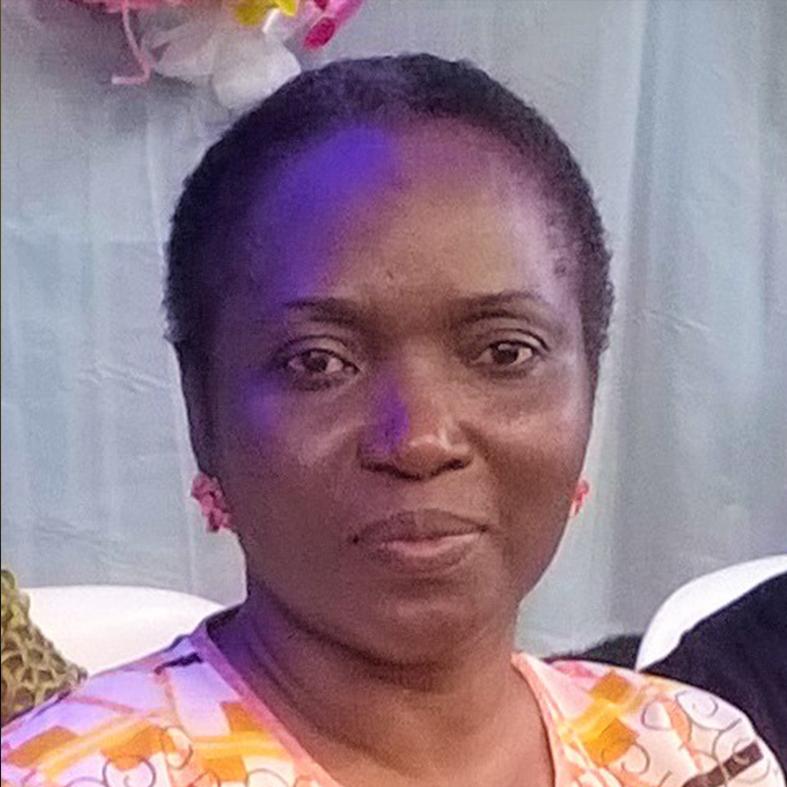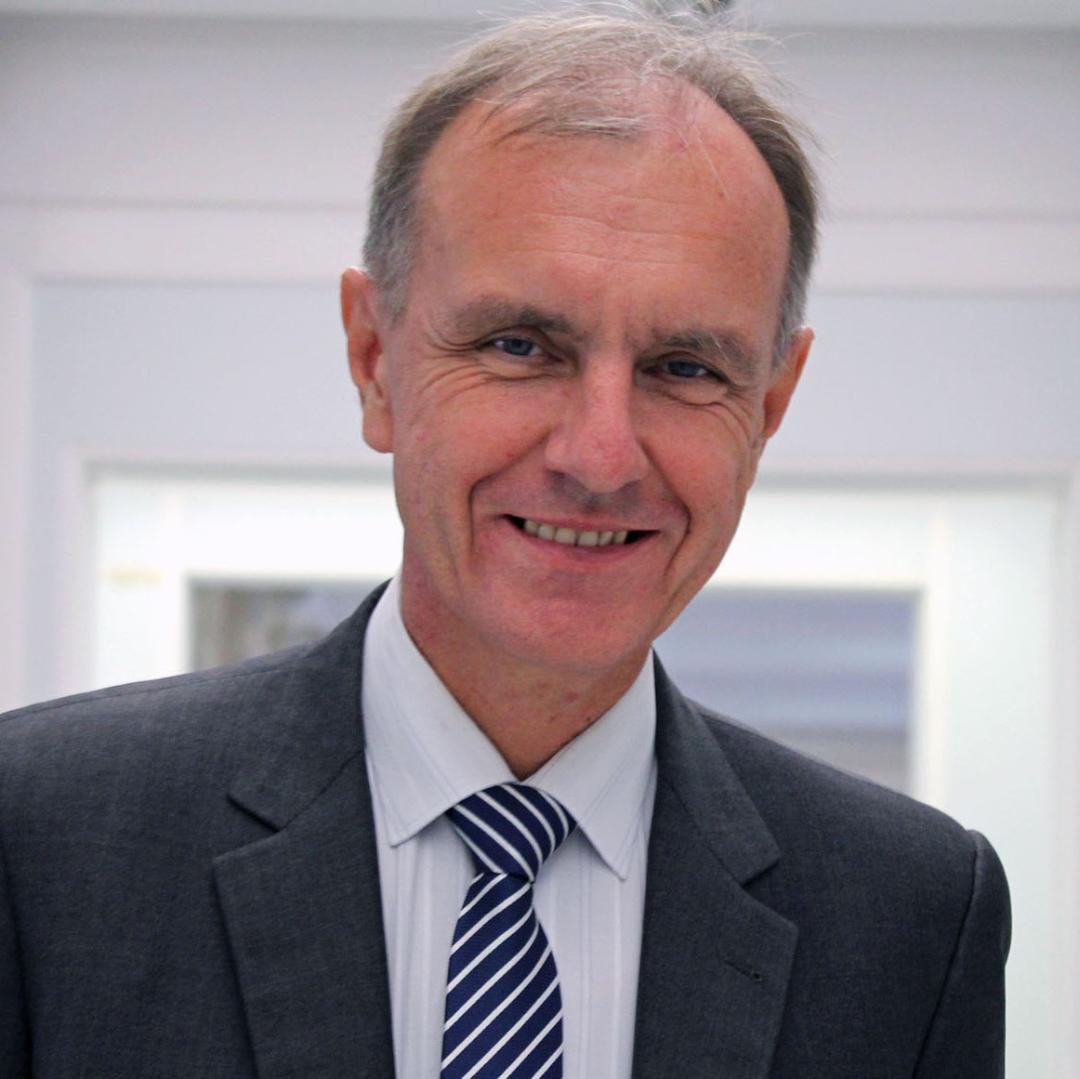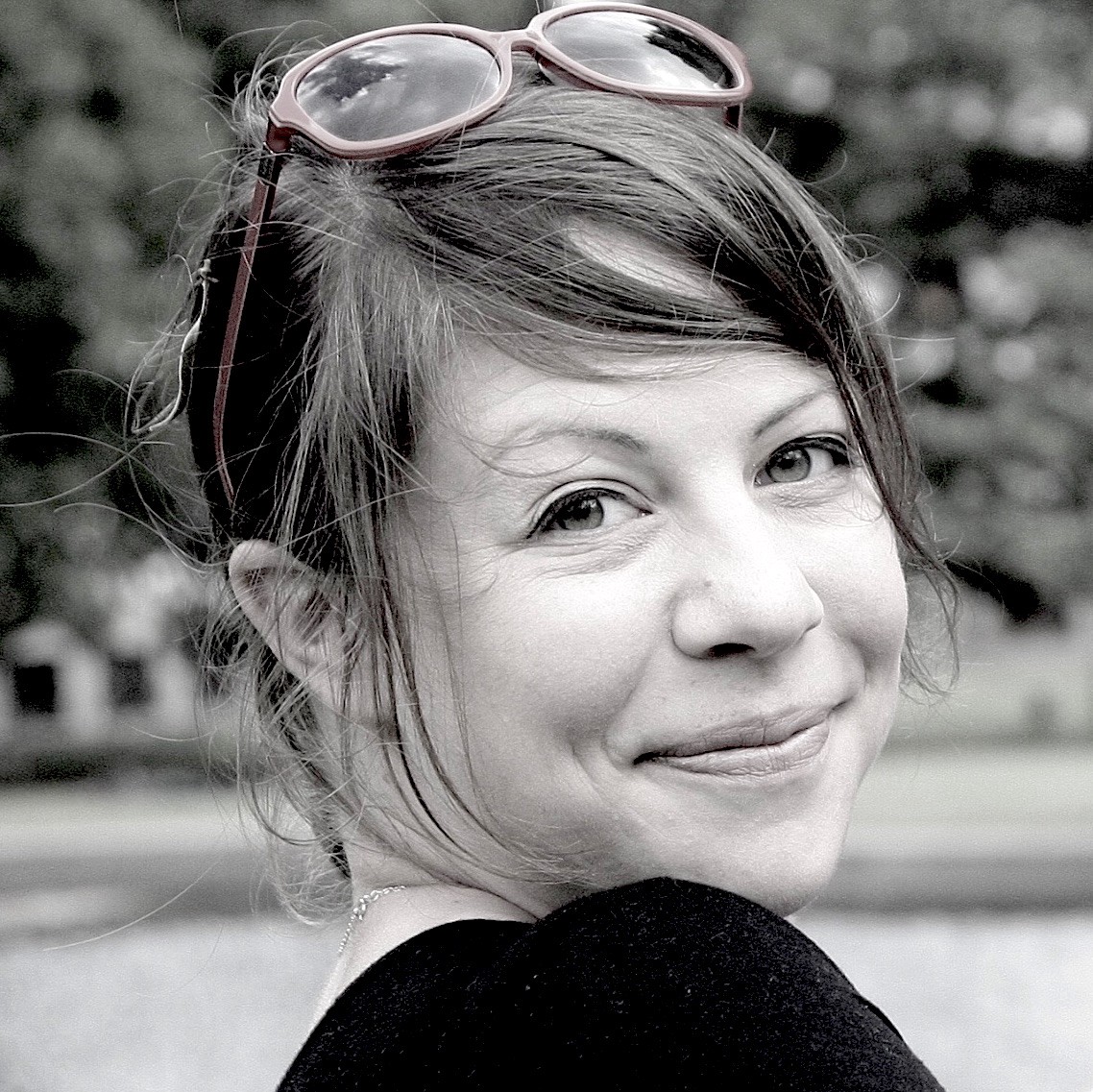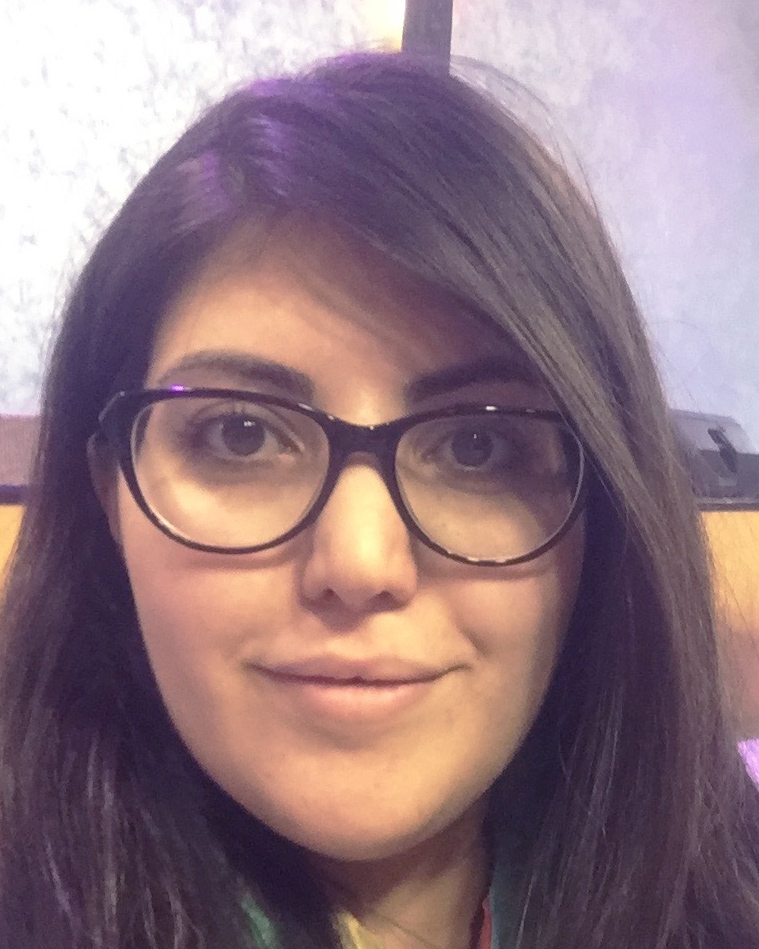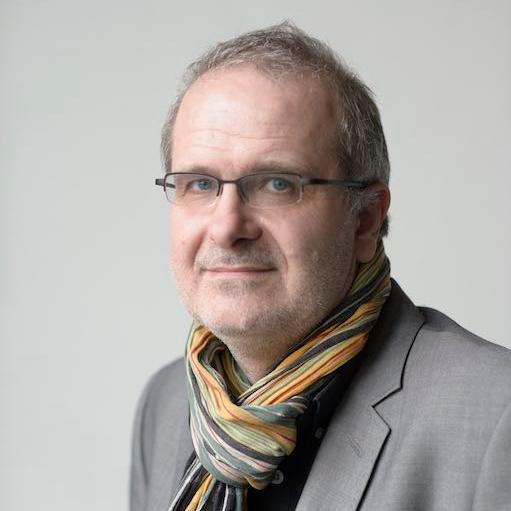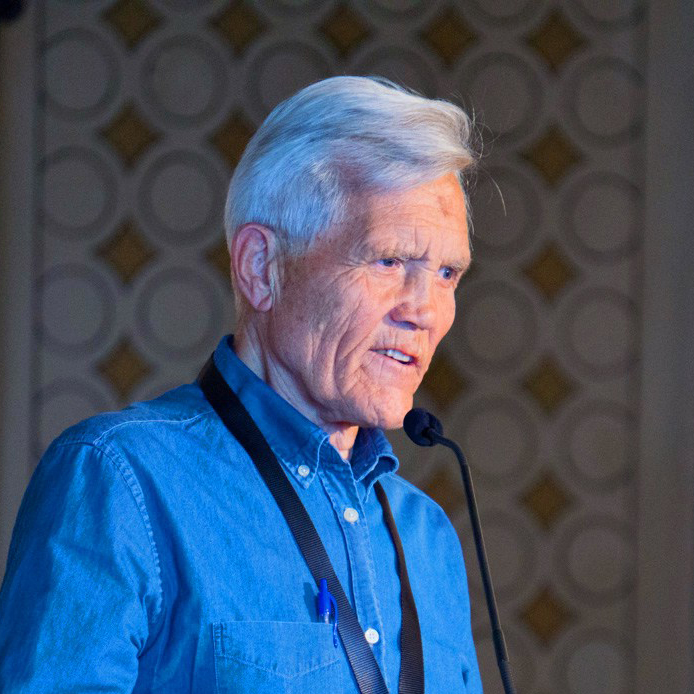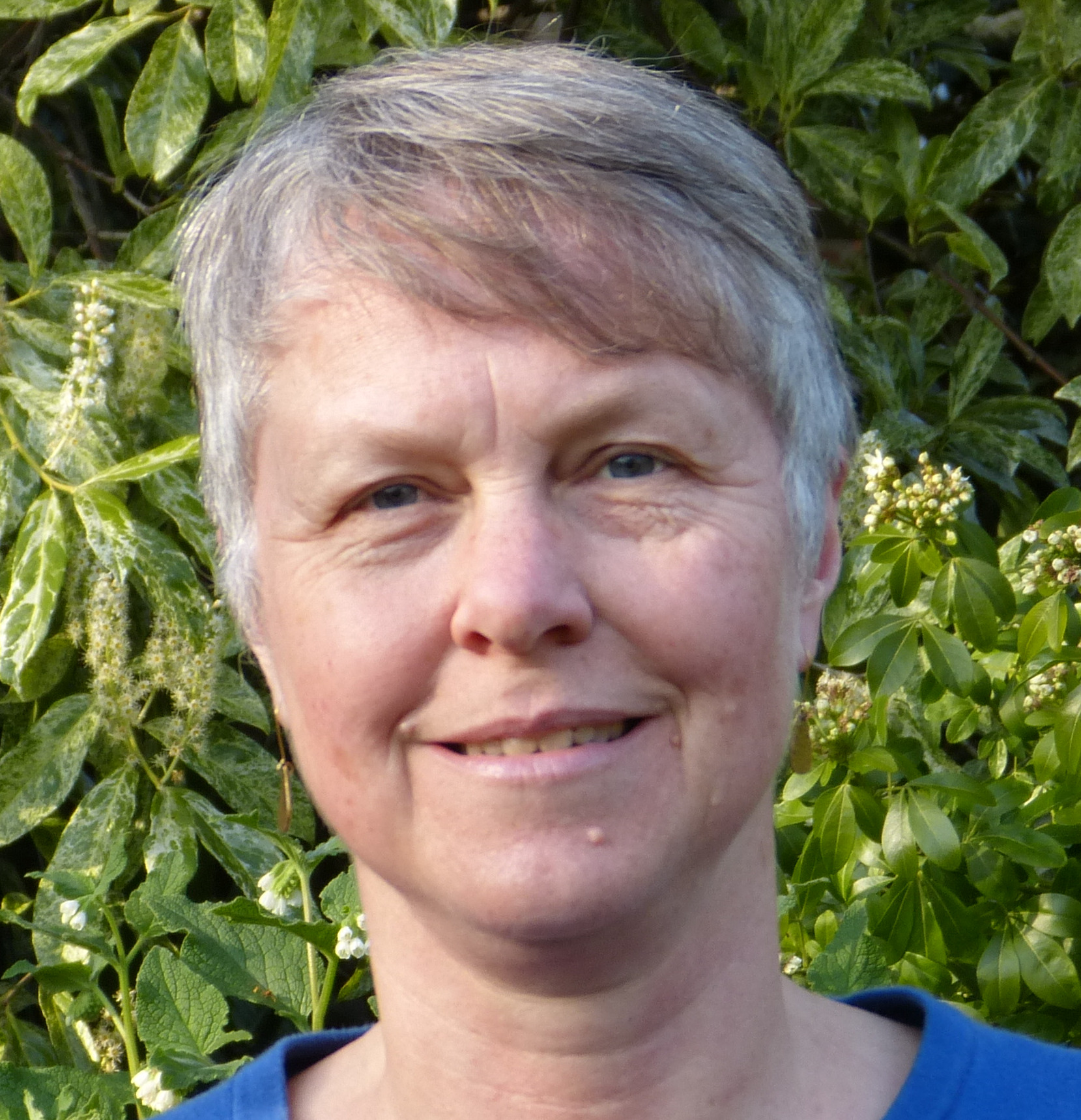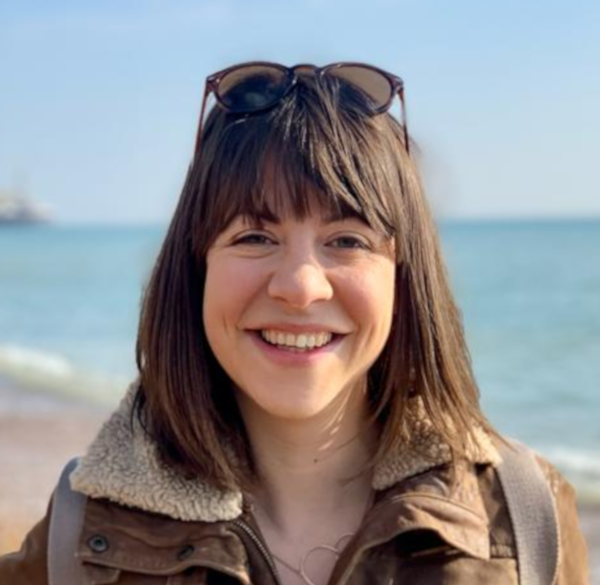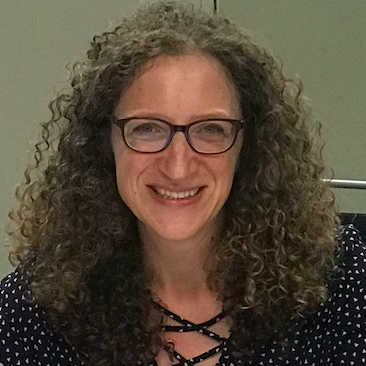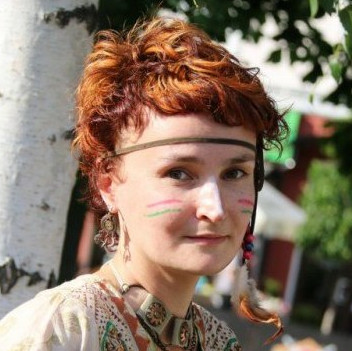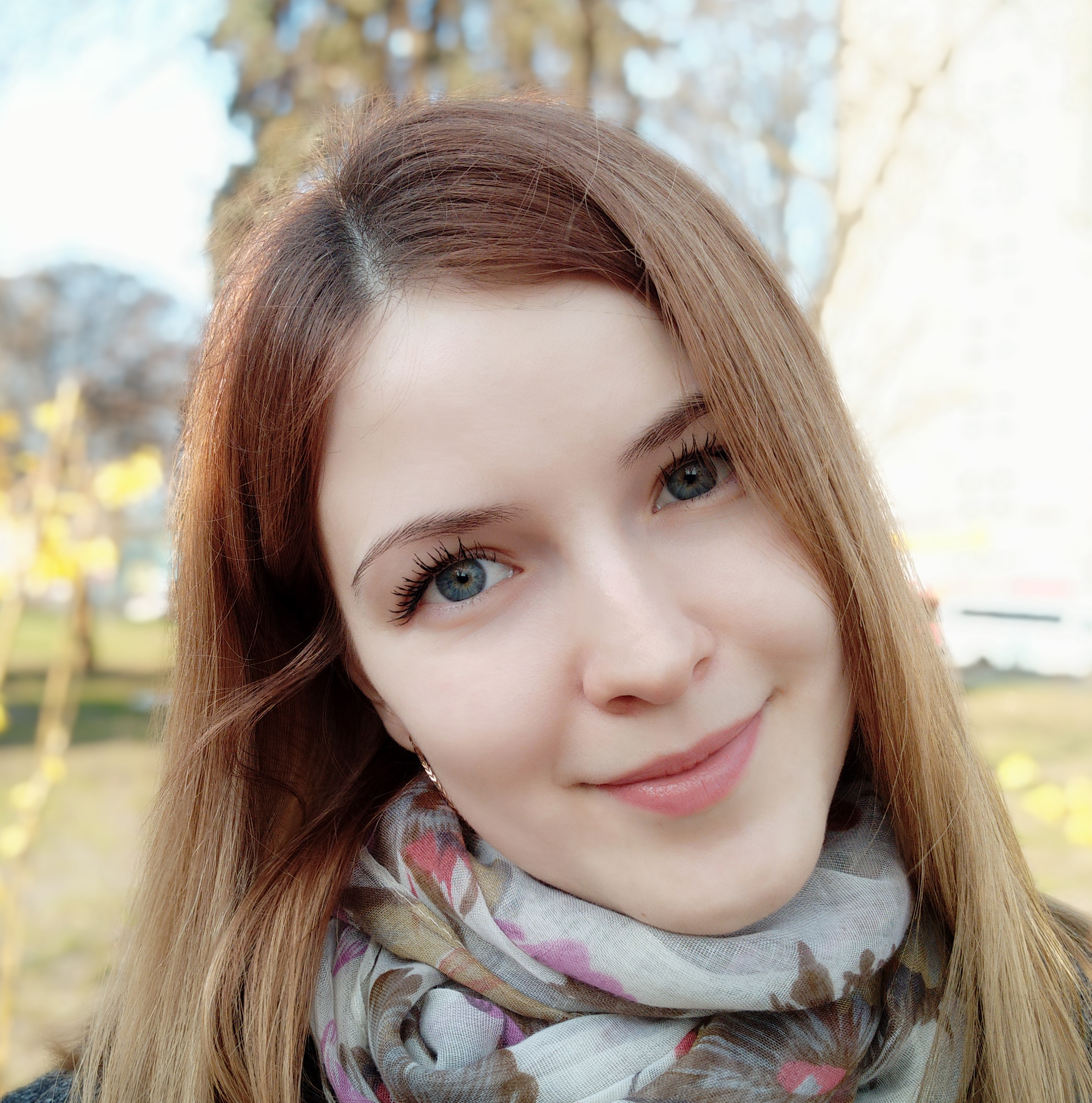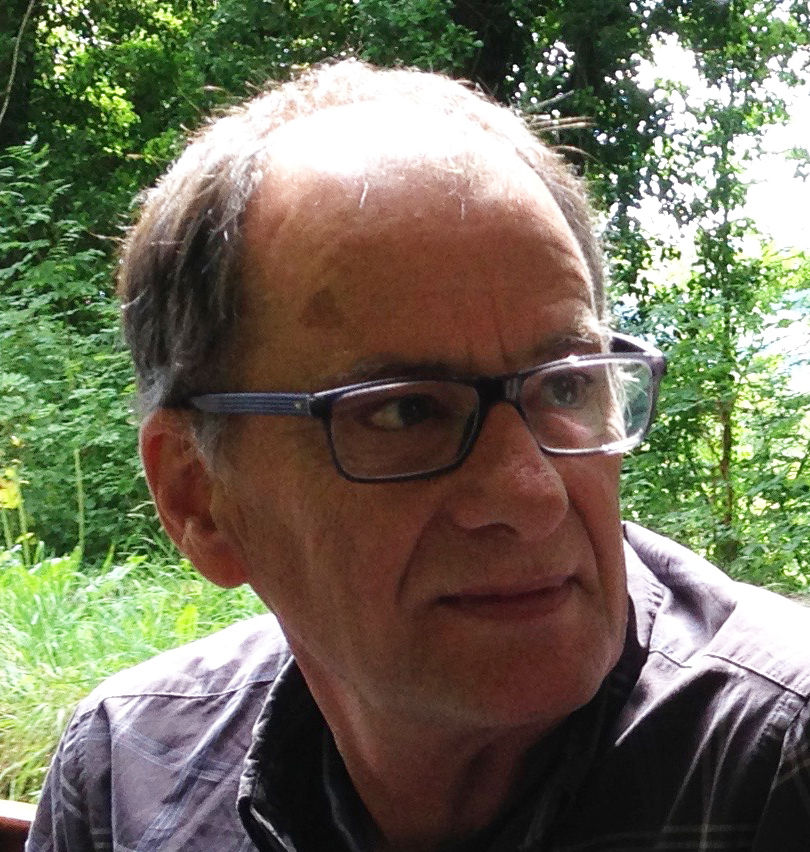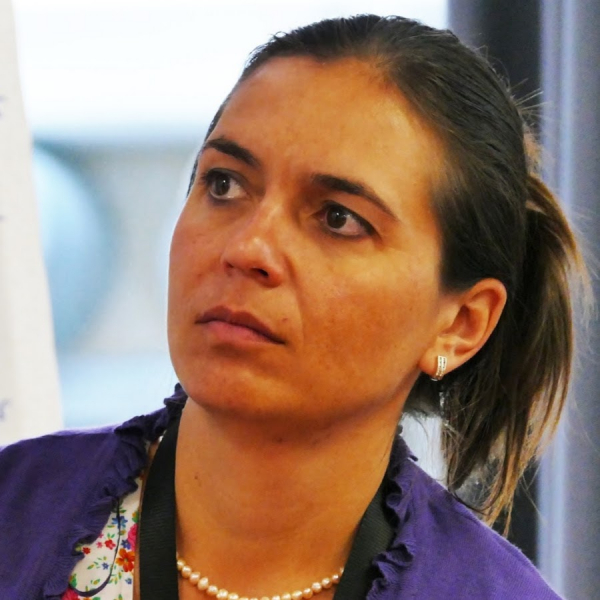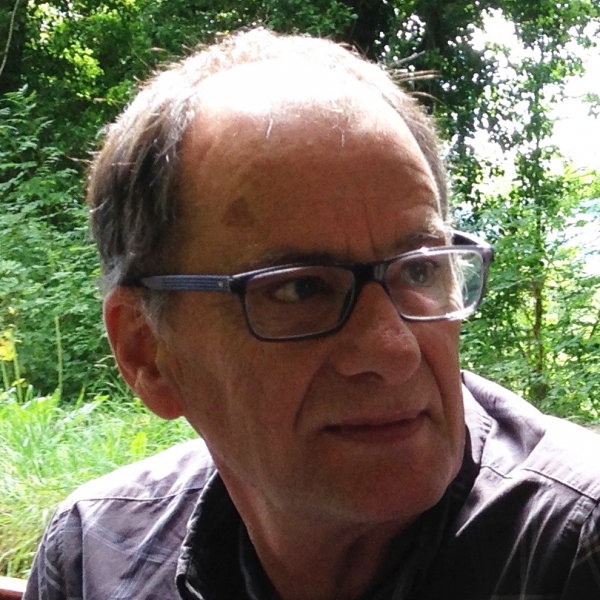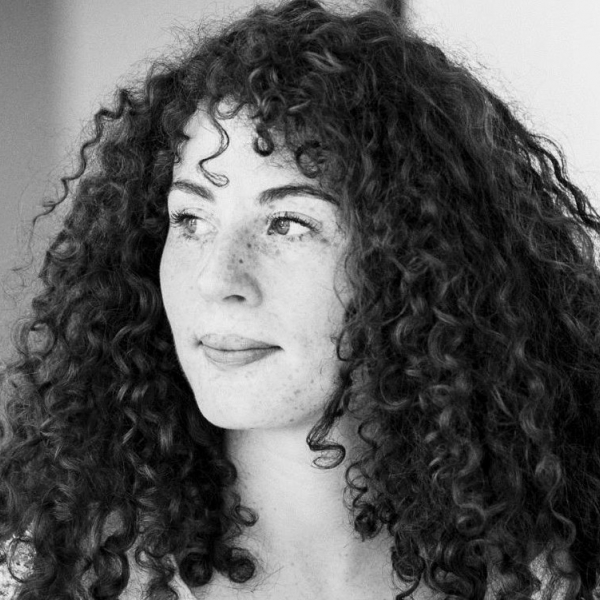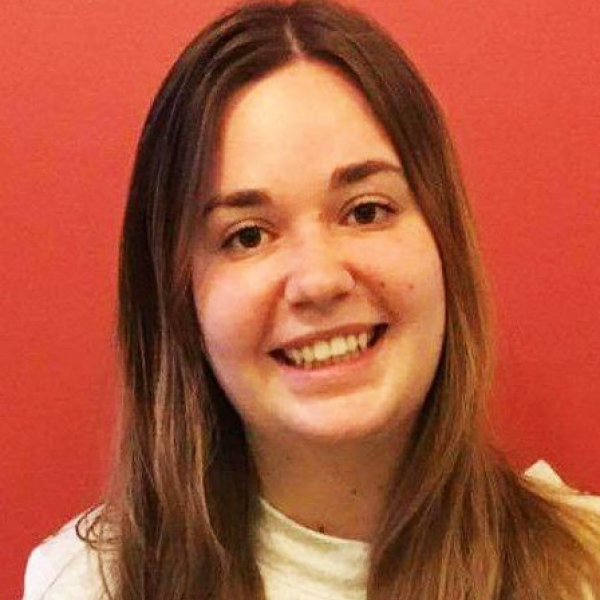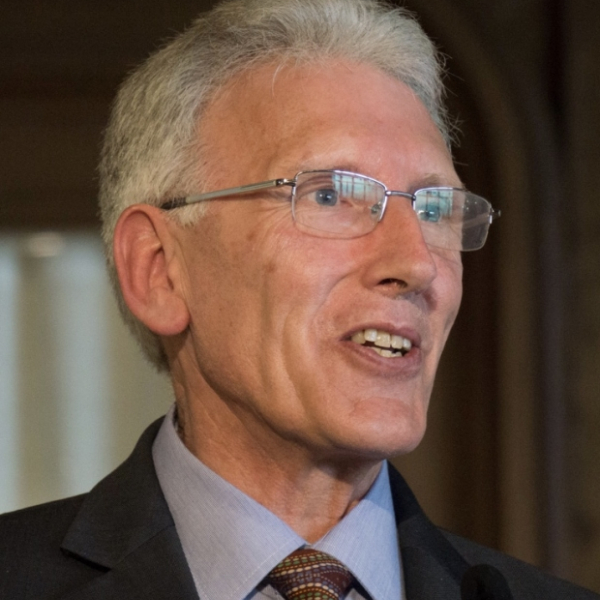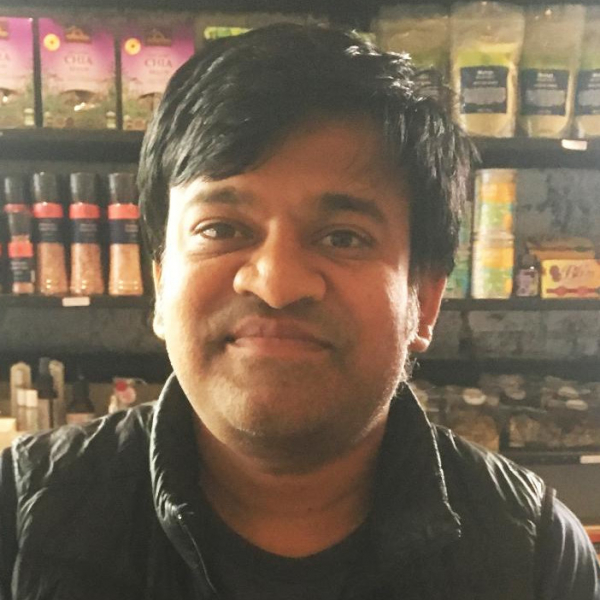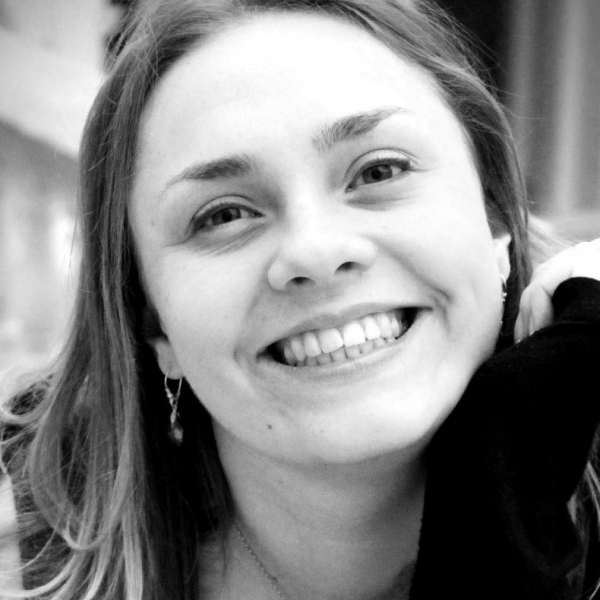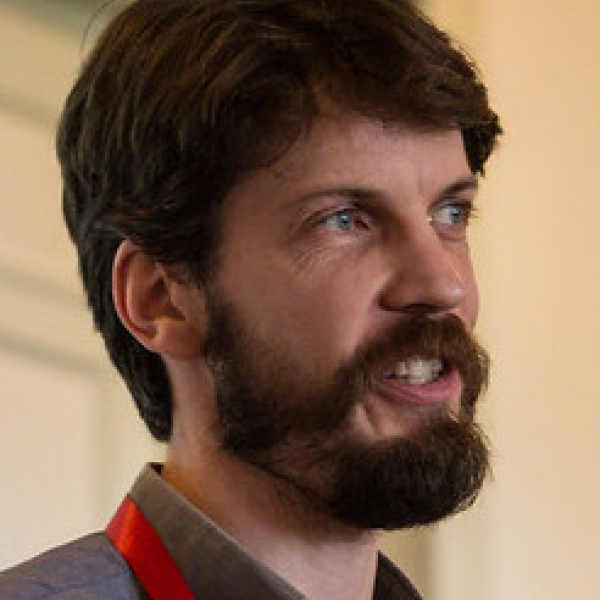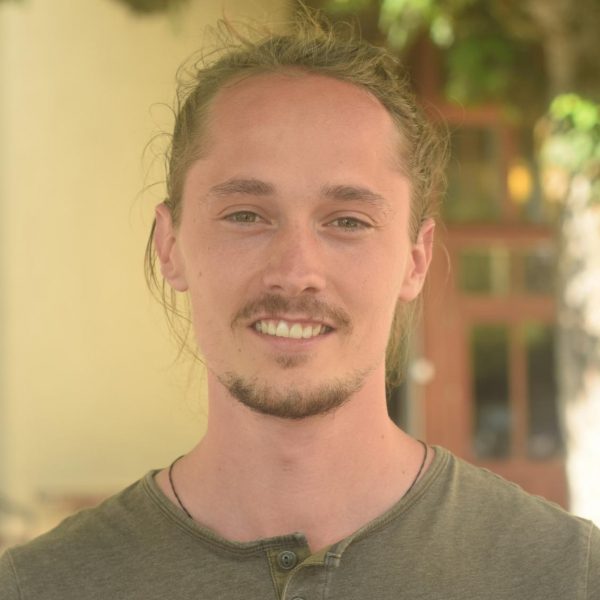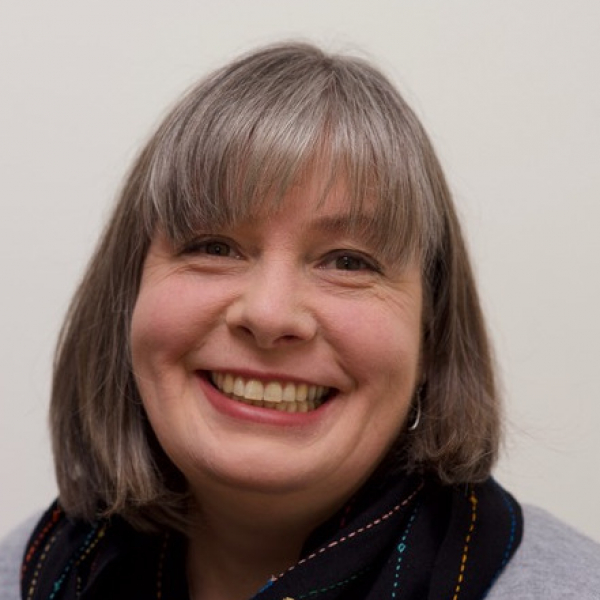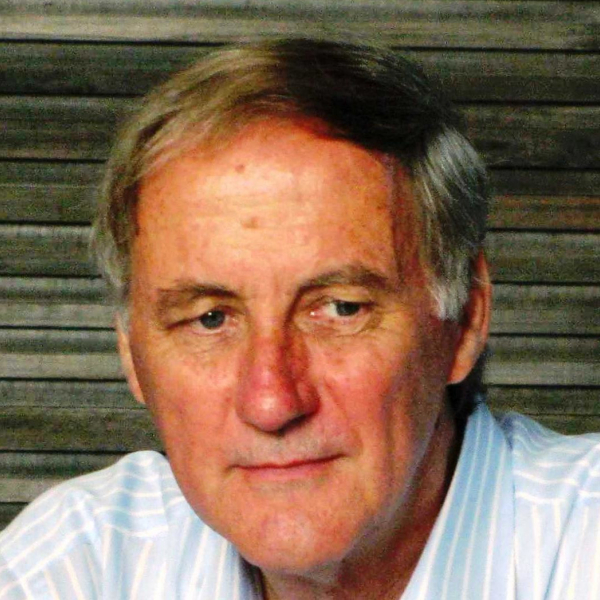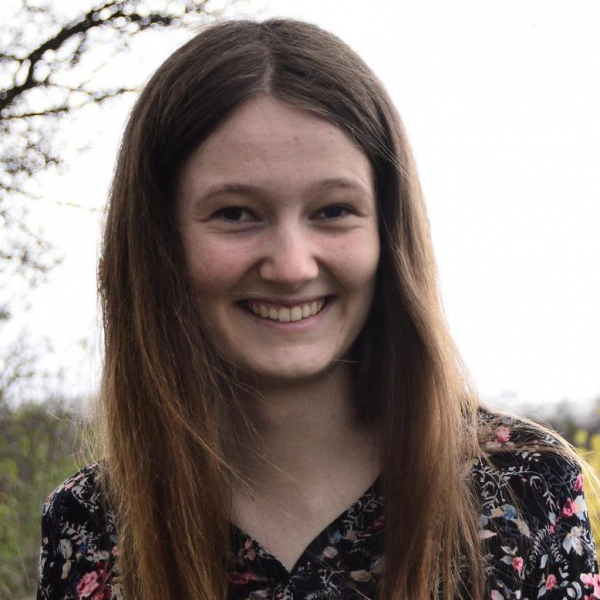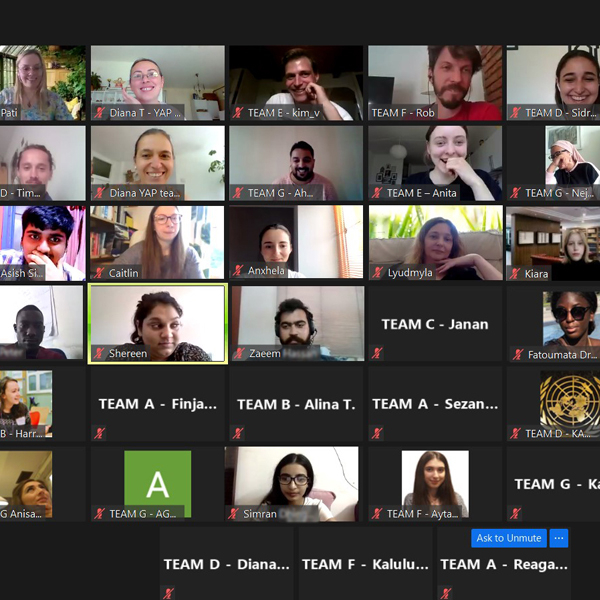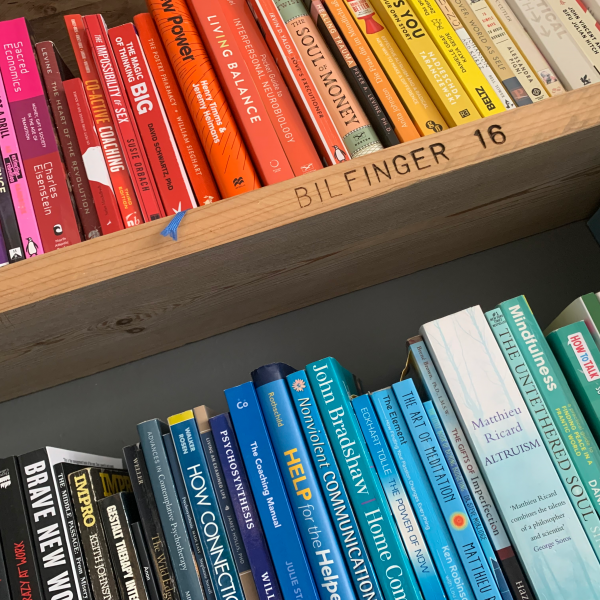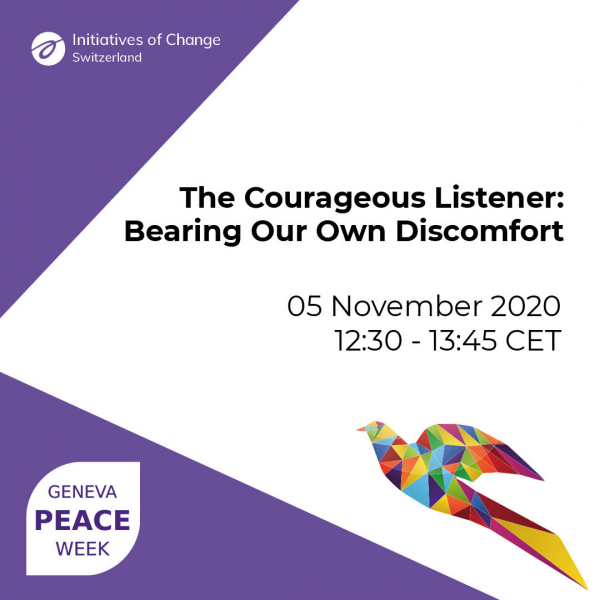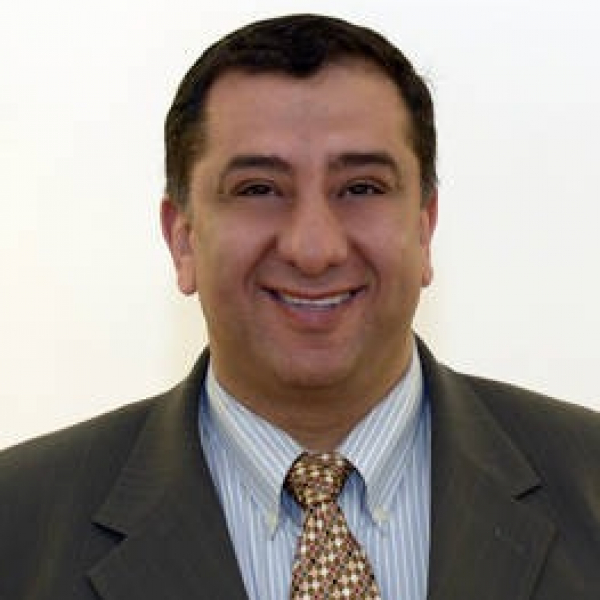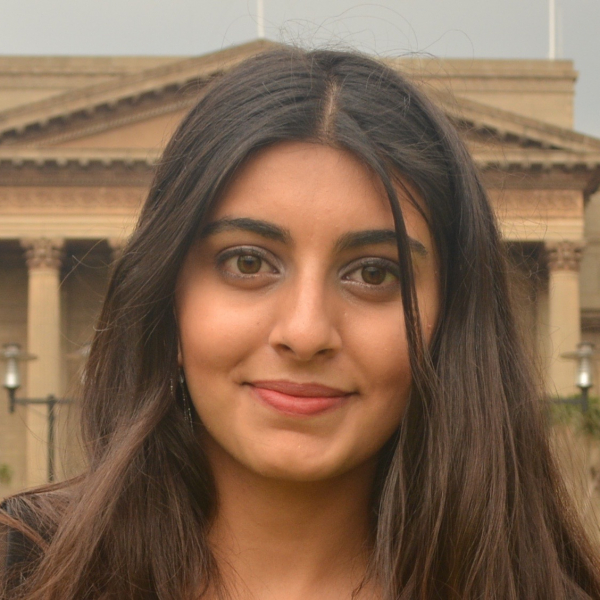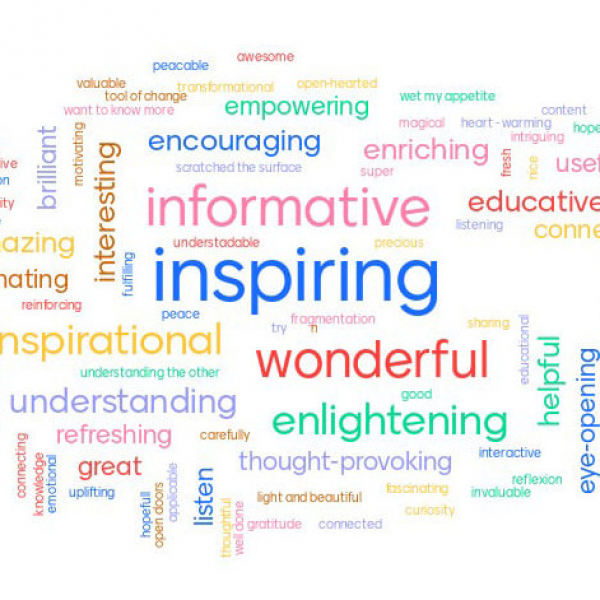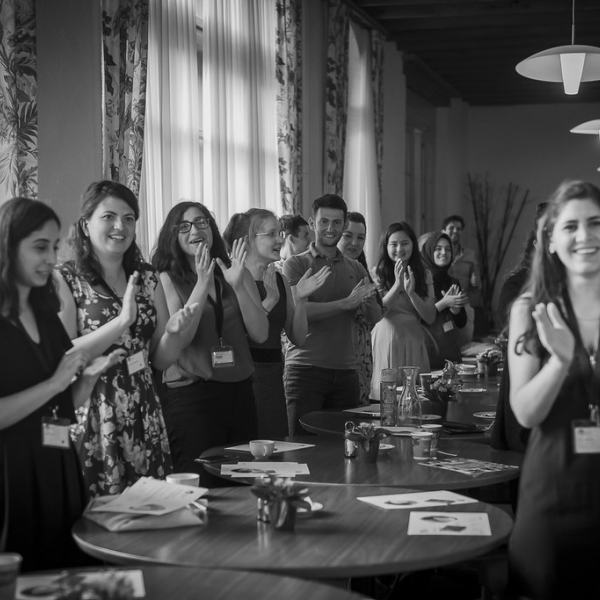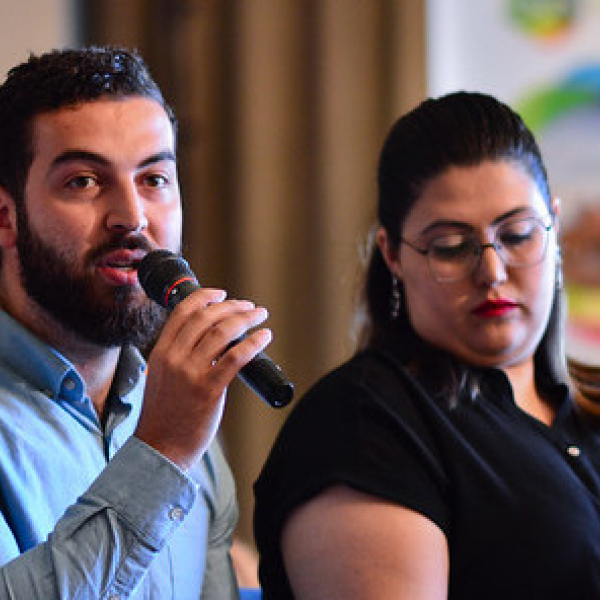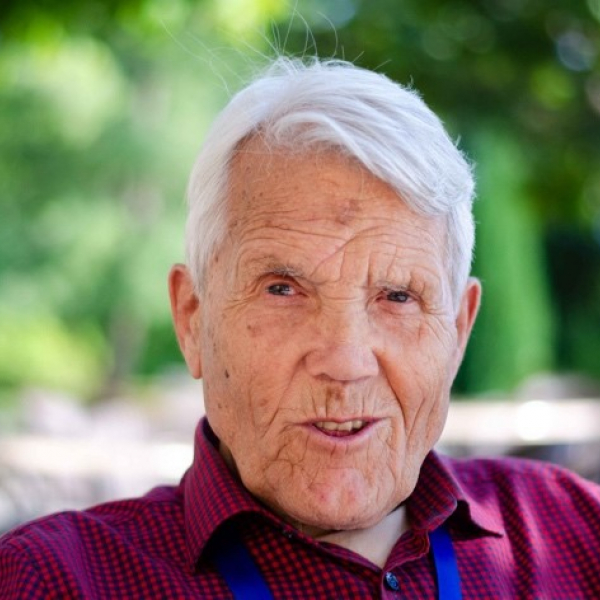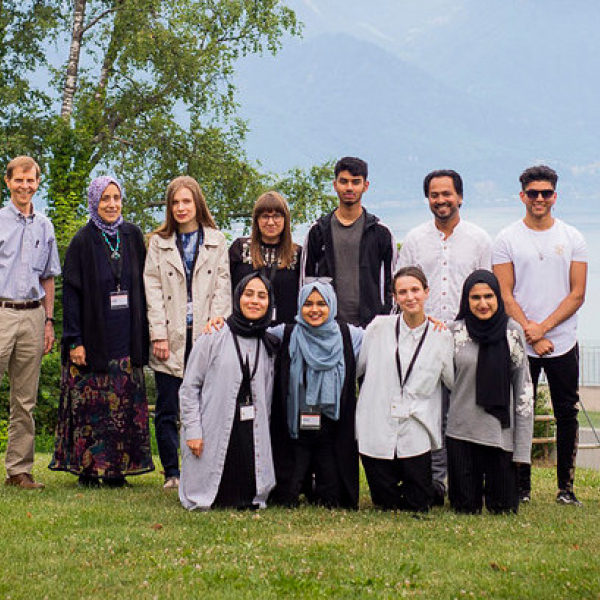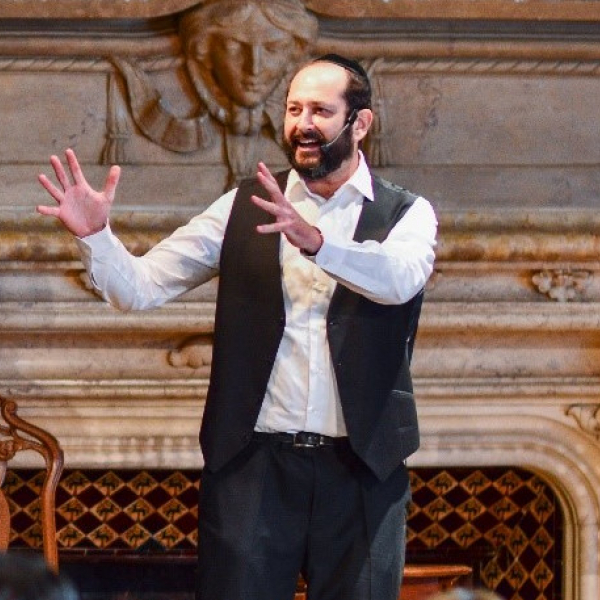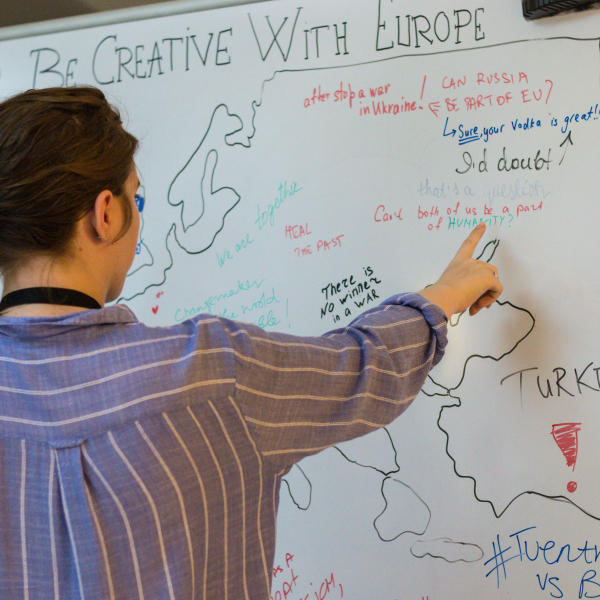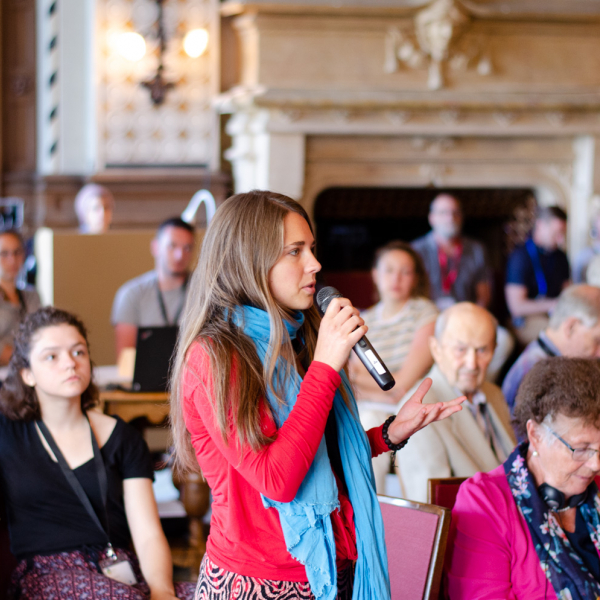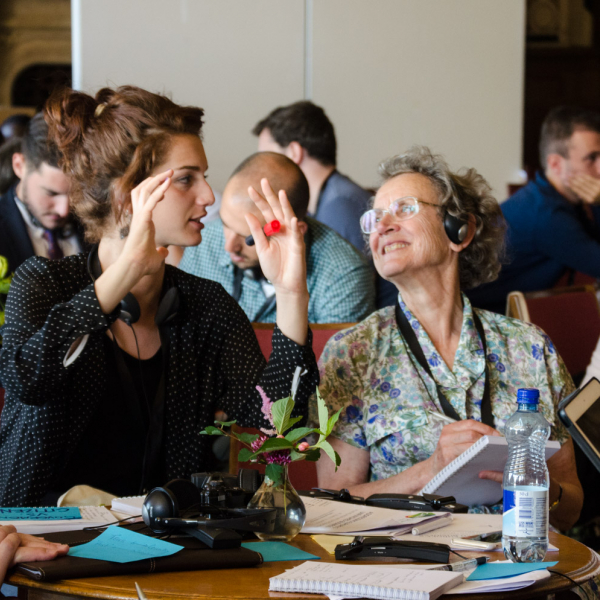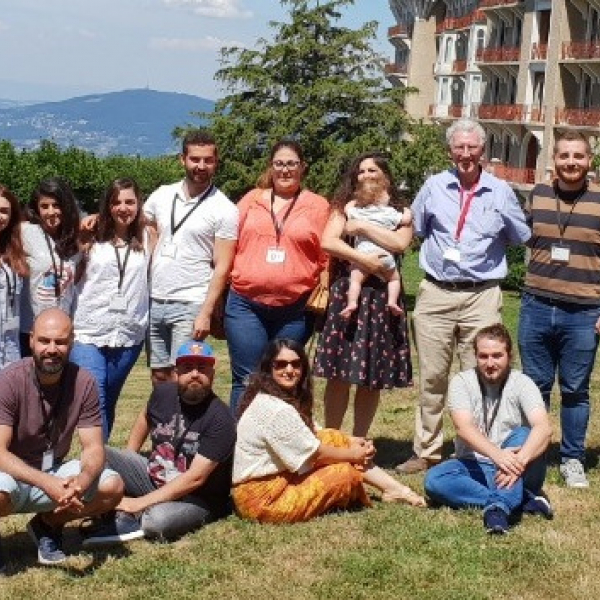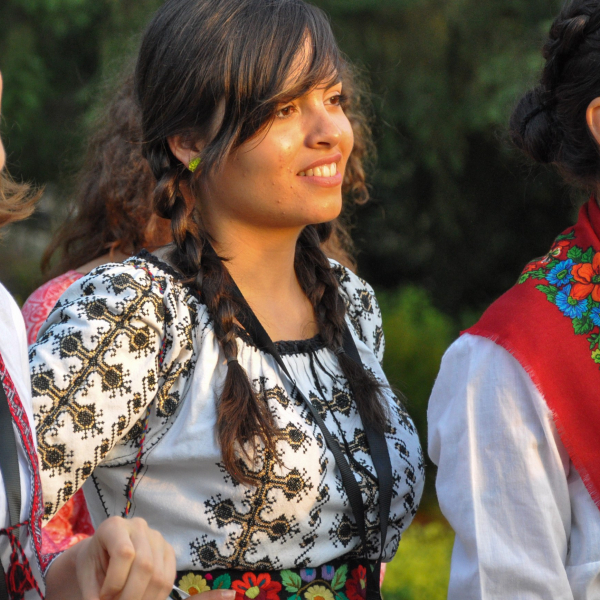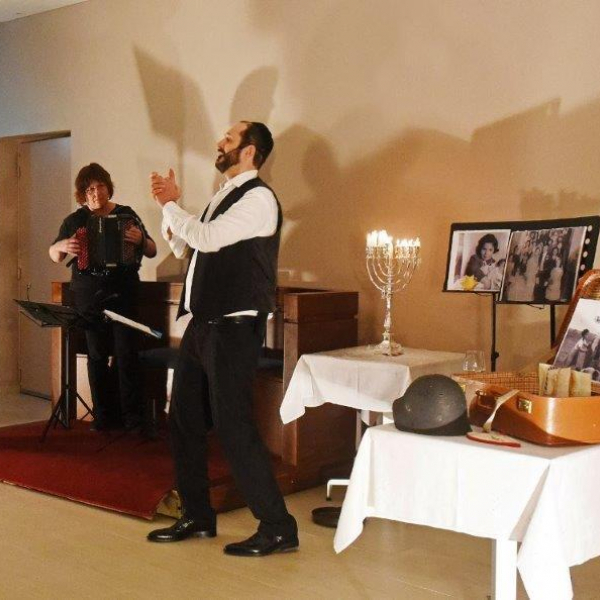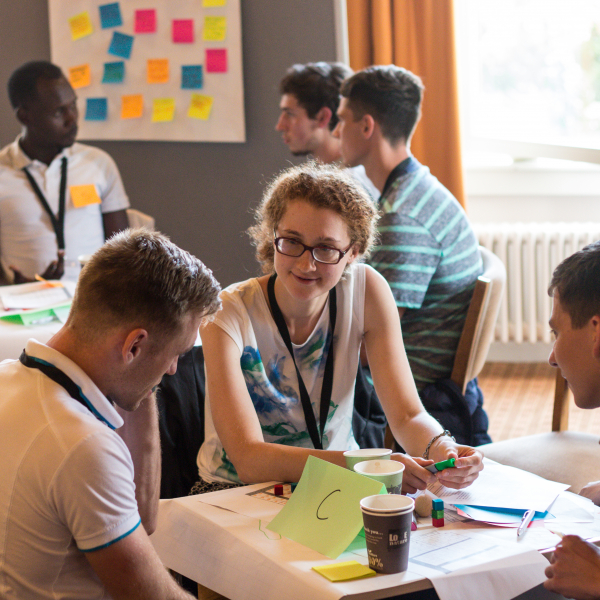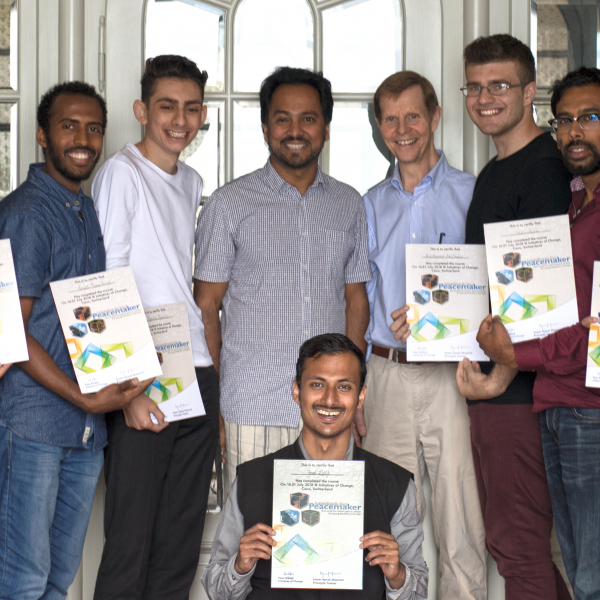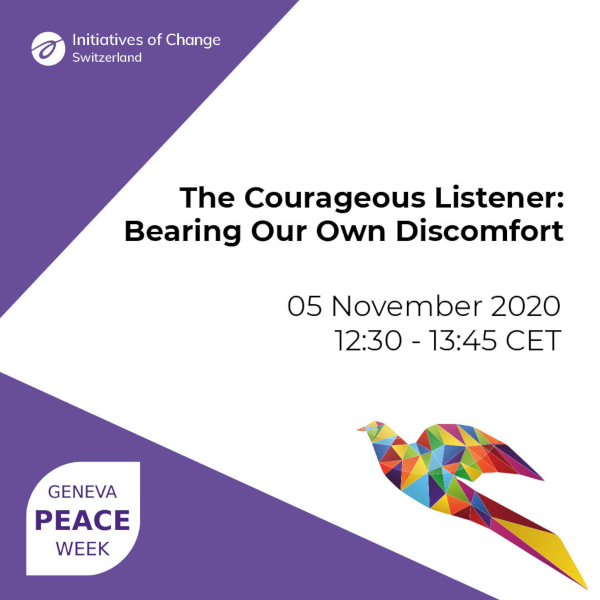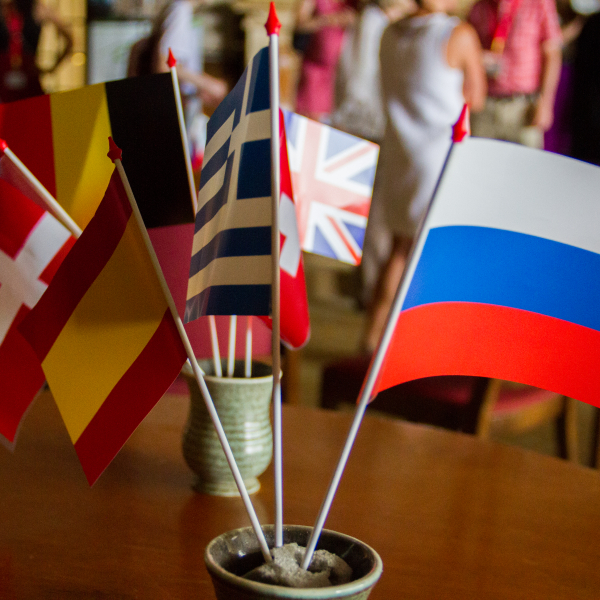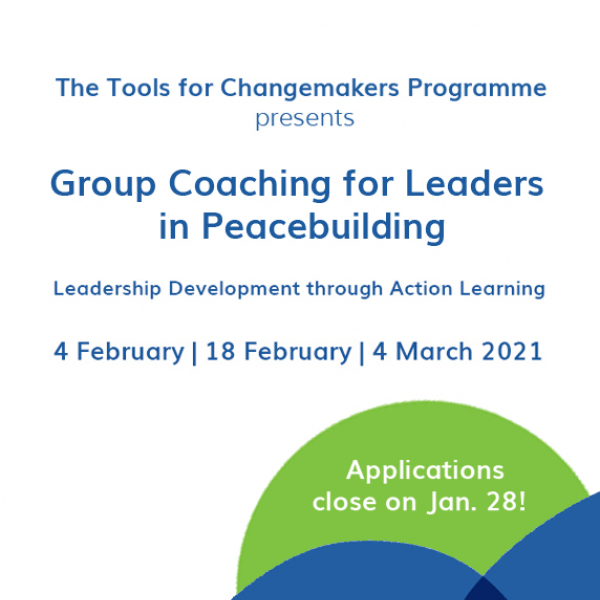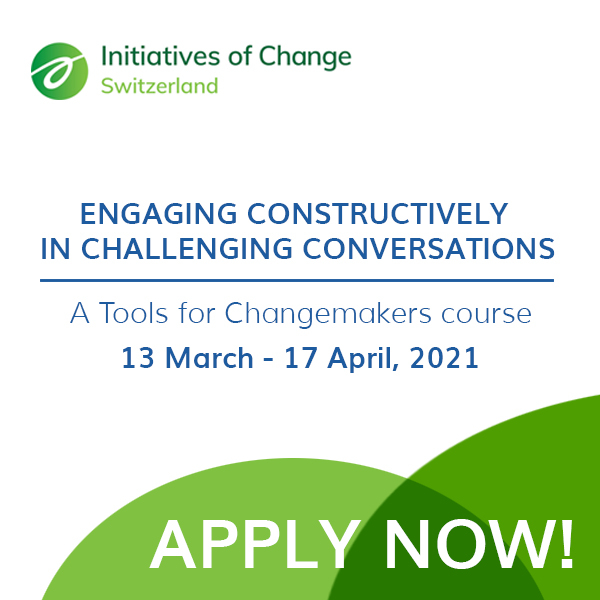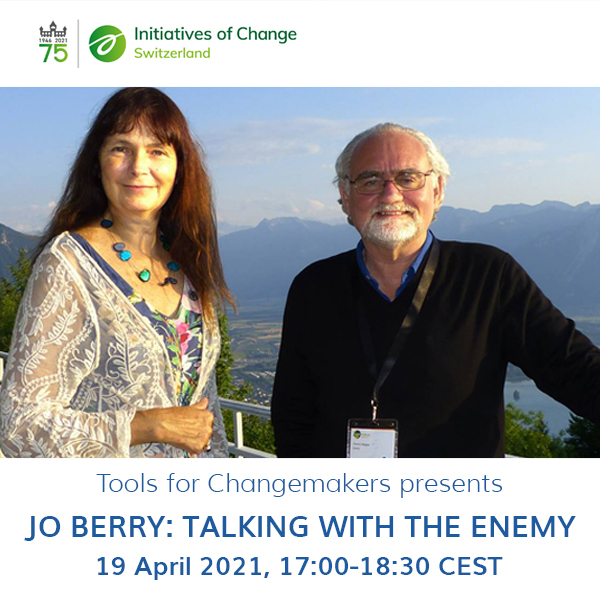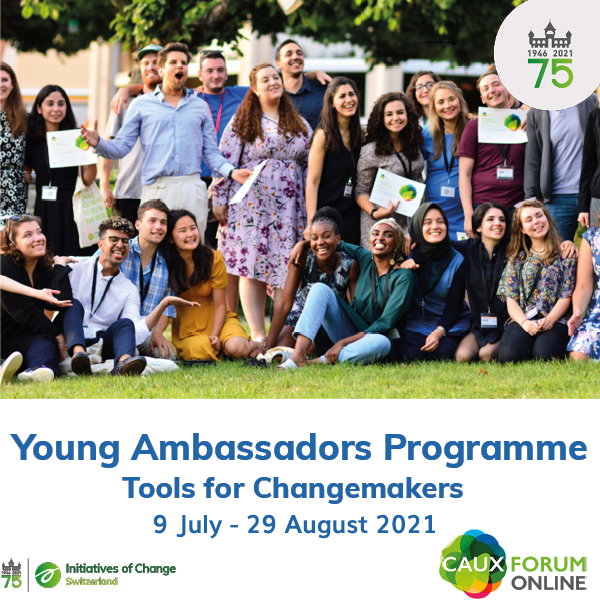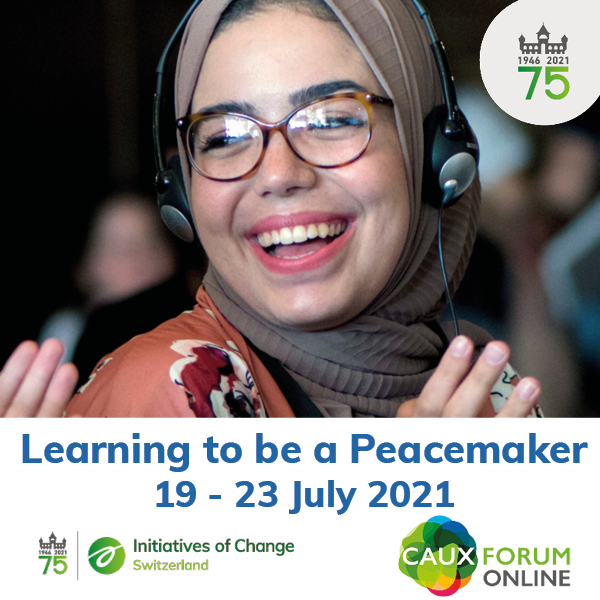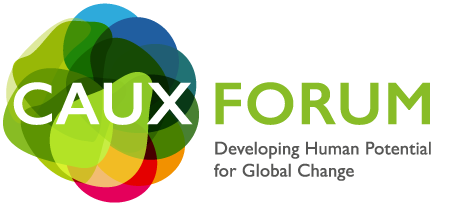
Tools for Changemakers 2019
Rebuilding Trust in Europe
Please note that this event is now over. You would like to know more about Tools for Changemakers 2019?
- Read the report 2019
- Discover more photos of T4C, the Young Ambassadors Programm and Learning to be a Peacemaker 2019
- Watch the video 2019
__________________________________________________________________________________________________
A continuation of Addressing Europe’s Unfinished Business
The concept of identity, particularly national identity, is a double-edged sword. It provides a common sense of belonging, but also a justification for exclusion, mistrust and xenophobia.
Building on the five-year vision of Addressing Europe’s Unfinished Business, Tools For Changemakers strengthens its training component while embarking on a three- year journey of exploration of the link between personal and collective identities in Europe, the rise of populism and nationalism in different European regions, the need to belong for old and new community members, unaddressed collective traumas, and the urgency to work with these issues in order to build more trust and cohesion in Europe.
Come and learn from initiatives with extensive experience in offering training in practical tools for building trust.
Find out more about our integrated Programmes 2019
- Young Ambassadors Programme
- Learning to be a Peacemaker
- Armenian-Kurdish-Turkish Dialogue
- National Costume Dolls Project
- "We must save the children " A one-man show by Mark Isserles, performed by LEBEDIK
Who should attend?
- Grassroots practitioners active in the field of community and trust building in Europe
- Young changemakers engaged in Europe’s future
- Teams and individuals engaged in IofC work in Europe
Themes
Identity dynamics in Europe
Tools for building trust and social cohesion
Training Tracks
During Tools for Changemakers – Rebuilding Trust in Europe, you can chose to be part of one of 5 Training Tracks that focus on equipping you with tools for your work, in your organization, or in your community.
Our Training Tracks are run by experts in trustbuilding, peacebuilding and dialogue facilitation. You will commit to one training track over three afternoons. At the completion of the training you will receive a certificate of completion.
In the following overview, you can find information about the different Tracks that are diverse in character and methodology. All of them are interactive and your experience, skills and voice will be integrated. “Tools for Being the Change” will focus on ‘inner work’ designed to support your self-development and personal resilience in order to be efficient and impactful. “Tools for Enabling Change” are tracks designed to develop your practical skills and equip you with useful tools that can be added to your toolkit as a field practitioner.
About the Training Track
General Information
Trainers: Louie Gardiner and Su Riddell
Maximum number of participants: 12
Becoming and being our best Selves calls on a lifetime’s commitment to daily, moment-to-moment practice. If this is true, what can we possibly learn together in the 10 short hours we will share, that can resource us throughout our lives?
In IofC, we believe that changing the world starts within. So, we will start with Ourselves. We learn to listen to others and to the still quiet voice within that many call ‘God’. But whether you believe in God or not, how well do you attend to you? The you that is the most sensitive, potentially sophisticated and potent instrument for change on the planet? How do you attend to the self-hatred, accusations and shame you generate within yourself, about yourself? How do you deal with the labels, judgments and acts of hatred that others direct towards you or others around you, if you do not know how to deal with your own inner aggressor?
YOU are where we begin. We will open your eyes, minds, bodies and hearts to a new approach – Presence in Action - that will help you begin the process of healing and resourcing yourself from within. This is our crucial first step to tackling the growing ripples of hatred, anger and violence spilling out across the world. Join us, if you believe this is the crucial first step for you.
Different versions of this training have been delivered over the last 5 years in Switzerland and UK. Each time it is different – orientated to focus on the particular issues and context of the situation and the people in the room.
We can’t wait to see you!
What past participants say
"This is a gentle and powerful approach to understanding the thoughts, beliefs and emotions that tend to affect our lives and our relationships. It goes further than most personal training & self-development methods in that this new understanding is reached at a deeper, more embodied level … so much so that it leads to a level of awareness that is not just in the head but in your whole being. This leads to internal shifts and change that have more impact, clarity and stickability than anything I have tried before."
"…it's extremely powerful and unique in how it helps you understand and face into your emotional life, objective reality and the way you interact with the world… you have to feel ready for it… and you have to be prepared to step into in the unknown."
About the trainers
Louie Gardiner is the creator of the P6 Constellation – the framework that enables people to access the praxis of Presence in Action. This powerful approach equips people to engage in deep personal change, transforming their relationships with themselves, others and the wider world. She is a Director of Presence In Action (PIA) Collective CIC and Potent 6 in which she is the Lead PIA Practitioner & Learning Partner; Change Consultant & Trainer-Facilitator. She is also a member of Initiatives of Change UK and initiated the REAL Change programme in 2015.
Su Riddell is the local coordinator for Initiatives of Change in Oxford, helping to coordinate a range of activities, such as mentoring, discussions, spiritual reflection, conference planning, project management, painting and craft. She is a daughter, mother, soon-to-be-grandmother, and friend to a web of diverse people who inspire her and who she aspires to support. She has been working with IofC for the best part of 40 years, practicing inner reflection daily, which enables her to engage with hervalues and support others in their own practice. For 10 years she was a member of a training team inspiring and equipping people across all diversities to embed change in their lives, and enable individual outreach. Su runs workshops in art and craft combined with mindfulness.
About the Training Track
General Information
Trainer: Agnes Otzelberger
Maximum number of participants: 15
This course is for you if some or all of these apply:
- You feel overwhelmed and/or conflicted in the face of injustice, poverty, physical/structural violence or ill health in your community or the world.
- You experience signs and symptoms of compassion fatigue, empathic burnout, or similar: e.g. depletion, hopelessness, cynicism, ill health, or disconnection from others.
- You would like to sustain - or regain - trust in yourself as an able, resourceful vehicle for change.
- You wonder how to sustain your spark and emotional involvement in your work, whilst also staying healthy and able to act.
- You are interested in or open to working with your inner world.
In professions relentlessly confronted with the suffering of injustice, poverty, violence, or ill health, it is a common belief that emotional shutdown – often dubbed ‘being professional’ – is the only option we have to avoid emotional breakdown. But with numbing the pain, we shut out all the good stuff, too: joy, gratitude, inspiration, intuition, empathic connection with others. Increasingly at war with ourselves and with the world, we end up losing trust in ourselves. We fear losing our ability to care.
These struggles are a silent and costly epidemic. They go by the names of compassion fatigue, or empathic distress/burnout, or vicarious trauma.
The thing is: We can’t actually tire of compassion. But most of us need to learn it first. What we do fatigue of is ‘affective empathy’ — our visceral, painful mirroring of other people’s suffering. But compassion, neurologically speaking, is a different emotion altogether, and a way to stay fully present to suffering, without overwhelm and paralysis. This response comes more naturally to us with e.g. our offspring than with people we perceive as ‘other’. As neuroscience now shows - on the back of insights developed over millennia - it can be strengthened and expanded like a muscle. And that’s what you’ll be learning to do in this programme.
In this training track, you will
- learn the difference between empathic distress and a healthy, sustainable way of caring for and about others and the world – a way to stay deeply engaged without running yourself into the ground;
- learn the time-tested mind practices that will help you do this;
- be supported to develop a way to practice that works for your personal needs and circumstances; and
- gain inspiration and motivation through the connection with a group of people in the same boat as you.
This approach unpacks what trust in ourselves and connection with those perceived as other means on a physiological basis. Trust, physiologically, is a nervous system modus where the body can rest and digest, as opposed to a state of threat – fight, flight, freeze. In the former, we are able to engage, connect, empathise, learn, reflect – all the things we want to be able to do in the role of a change maker. The training, without going into arduous details on these neuroscientific aspects, teaches techniques that expand our ability to work from this safe, connected place of trust even under trying circumstances which would normally tip us into threat mode.
The training comes in three parts – the three cornerstones of healthy compassion –, taught through a mix of group discussion, guided practice, individual reflection and exploring of resources: 1) mindful awareness 2) self kindness ('inward compassion'), 3) common humanity ('outward compassion').
This particular training has been delivered before to two groups of people working in humanitarian aid/ international development, environment & sustainability, activism & human rights, youth & social work, healthcare, and mental health & coaching.
What past participants say
"This stimulating programme gives deep and fascinating insights and practices to help participants discover ways to flourish on a personal level whilst sustaining a compassionate approach to others. […] A vital kind of self knowledge for those in the helping professions."
Chris, humanitarian worker, Liberia
"I would recommend this to all people who burn out and run on empty."
Hannah, Youth worker, UK
"I thoroughly recommend it for everyone working in a caring profession – be it for people, animals or planet."
Will, environmental activist, UK
"I now have a new understanding of the difference between empathy and compassion and how they employ different neural circuitry. This has given me a new clarity about the goal of my personal practice plus inspiration that there is potential for positive change. And I have practical strategies I can use."
Jessica, coach, UK
About the trainer
Agnes Otzelberger is a trainer and facilitator working to get our minds, hearts and bodies in shape for the social good we seek. From a young age, she knew she wanted to be involved in tackling injustice and inequality in the world. Then, 10+ years of working as an adviser, trainer and researcher in the international aid sector, and in a range of non-governmental and public sector organisations, left her feeling depleted and deeply troubled about the many ways in which their work seemed to model that which they were against. She began to explore the paradox of systems that are set up to ‘do good’ and yet often inflict harm, and of people who fight the good fight for others, yet often fail to truly do this for themselves. Over the past seven years, she has immersed herself more and more in a range of ‘inner’ and interpersonal practices that can help us bring our values and ways of being in this work into better alignment. This includes various techniques for group process, working with the mind and body, and interpersonal communication, working with individuals, groups and teams. Agnes works independently, and as an associate with OpenEdge – Transforming Conflict, and Wild Things. She is passionate about the emerging meeting places between Western and Eastern psychology and science, and she has recently completed a certificate in Compassion-based Psychotherapy and Social Transformation with the Nalanda Institute for Contemplative Science, which brought her to the work on compassion fatigue she now does.
About the Training Track
General Information
Trainers: Anne-Claire Frank-Seisay & Jean Brown
Maximum number of participants: 14
Hosted by: Creators of Peace
"How do we change the world? Change the Story."
Charles Eisenstein
"Neither revolution nor reformation can ultimately change a society, rather you must tell a new and powerful story... one so inclusive that it gathers all the bits of our past and our present into a coherent whole, one that even shines some light into the future so that we can take the next step forward."
Ivan Illich, priest/philosopher 1926-2002
"You can’t go back and change the beginning, but you can start where you are and change the ending."
CS Lewis, academic/novelist 1898-1963
In an increasingly fragile and divided world stories can heal, stories can harm. We will explore an invitation to take responsibility for the stories we tell and to transform them for the future benefit of our communities and in the cause of peace. What might it mean to be an advocate for a new story’– the story of our shared humanity?
Over the course of the sessions, each participant will have the chance to investigate their own sense of identity, and to prepare and tell an aspect of their own story as a tool for peace advocacy.
The areas of learning are:
1. The potential of each individual in becoming an ‘advocate for a new story’
2. Skills in listening deeply to ourselves and others as a means for healing
3. The role of storysharing as a tool for deepening connections and advocating for peace
About the trainers
Anne-Claire Frank-Seisay is Dutch-French and currently living in the USA. She is on the International Committee of Creators of Peace International. She was a member of Initiatives of Change for 10 years in the Netherlands, before moving to the USA. In the Netherlands, she worked for the City of Amsterdam as an interim project manager and also facilitated many large group conversations around the city on many different topics. She currently works in international education on the east coast of the USA. Anne-Claire has been involved with CoP’s new project Advocates for a New Story since she facilitated a first trial workshop in Caux in 2017. This project connects her degree in History to her passion for peace building. History to her is not about finding the truth, but understanding different perspectives and understanding that narratives about events can change.
Jean Brown is one of the elders for Creators of Peace (CoP) and has been involved with CoP since 1994. Jean is the designer of the Creators of Peace Circles which have spread to 50 countries over the last fifteen years. She authored the CoP facilitation and training manuals and most recently was the convenor for CoP's 25th anniversary conference. Jean has worked full-time with Initiatives of Change for 50+ years, including for many years in India and the USA, pioneering projects such as 'Action for Life', a leadership programme for young people, and supporting reconciliation initiatives in South Sudan. She lives in Australia where, together with her family, she is actively involved with community initiatives and regularly mentors women around the world.
About the Training Track
General Information
Trainers: Olena Rosstalna and Olha Boiko
Maximum number of participants: 20
Do I believe that change starts with me? How can I be that change when I am just a person standing in front of a big world? Can I make a difference? Does the change really start with me?
Against a backdrop of migrant crises, honour violence and other conflicts, we can foster civil courage and build bridges of inner and outer peace by using art as a tool for changemaking and social impact.
‘It Starts with Me – Using Drama and Artistic Methods for Changemaking’ is about developing a leadership culture based on moral integrity and compassion. Course trainers use various artistic methods such as triangle drama, emotional transmitting, multi-voice dialogue and creative art to help participants get practical experience of using art as a tool for changemaking.
The training is intended to help people of all ages express their creative needs in a democratic way. Participants will be encouraged to explore solutions not only to the challenges they face in their society but also internally as individuals. The different artistic methods will enable participants to share their needs and the needs of their community. Emphasis will be placed on listening to each other and understanding each other’s needs.
All participants are requested to wear comfortable clothes and footwear.
What past participants say
It helped me to achieve my life goals.
This course made me realize that if I want changes for a better version of me and my community I need to be the change maker.
Very artistic training with really professional trainers who helped us to break down borders between representatives of other cultures. It’s a “must have” for young adults living in multicultural societies.
About the trainers
Olena Rosstalna (Ukraine) is the artistic and stage director of Youth Drama Theatre “AmaTea” (Chernihiv, Ukraine) and an actress, drama facilitator, PhD and assistant professor. Educated in Ukraine and Ireland, Olena works as both artistic director theatre at a theatre and an academic scholar in Ukraine. From 2012 to 2015 she worked in Ireland with the Graffiti Educational Theatre Company on projects which examine art and in particular drama as a tool of social change. In 2017 she worked for the “theatre combinat”theatre company in Germany and from 2017 to 2018 on Erasmus+ youth exchanges in Finland. She has produced more than 30 performances in different genres aimed at addressing the problems of violence, internal migration and gender justice. She is one of the managers of the project “The Different Stages” (a cross-border project presenting a common episode of Scandinavian/Ukrainian history through a strong female personality) which was implemented together with IofC Sweden in 2016-2019. She is currently working on two projects: “Drama in Education for Social Change” and “Incisive Drama”.
Olha Boiko (Ukraine) is an actress, drama facilitator, youth worker, and teacher of a multidisciplinary course combining art, photography and drama for children and young adults. She has worked on numerous artistic projects (‘Real Stories’, ‘Crossroads’, ‘Together’ etc.) aimed at community building, developing civil society, and sustainable development.
About the Training Track
General Information
Trainer: Neil Oliver
Maximum number of participants: 16
The whole ethos of Caux is to help heal divides between different cultures, ethnicities and religious groups which inevitably means bringing people together to talk. An easy thing to say perhaps, but often a challenging thing to do. This training will equip you with the skills and the understanding you need to work effectively with diverse groups.
We will achieve this by working experientially. We will work together using our own individual identities and cultures to explore and discover what it takes to bring out the best in people. The training will be challenging, informative and fun!
If you ever have to facilitate groups like this, or would like to learn how, then this could be for you.
You will learn:
- The impact assumptions haveon effective communication
- Where we have blind spots
- How we project onto others thoughts and feelings based on our own view of the world (our personal lens)
- Effective communication
- Working with challenging behaviour and developing strategies for dealing with it
- How to enjoy diversity!
- The role of the facilitator
Our intention is that everything we do and learn will be applicable to your work and to your life.
About the trainer
Neil Oliver is a Certified Professional Facilitator with experience of working with diverse groups across a wide range of sectors in the UK and internationally. Most of his experience comes from working with complex public sector organizations including the UK National Health Service. Since 2011 Neil has worked with the Caux Forum organizing conferences and providing training. This year Neil is part of the Tools for Change Makers organizing team. He has a particular interest in working with multi-cultural groups and teams.



